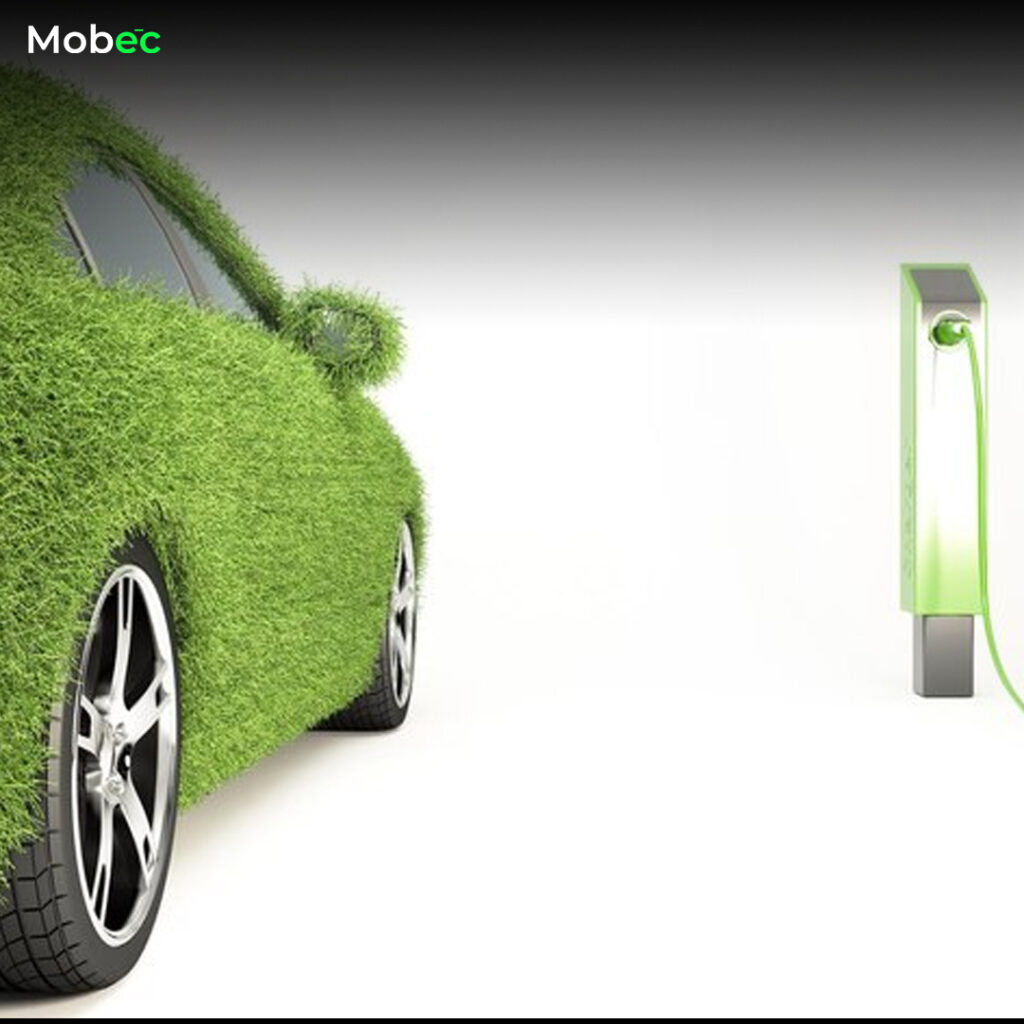The demand for sustainable transportation has made it necessary to set up charging infrastructure for electric vehicles (EVs). Electric vehicle charging stations significantly reduce carbon emissions, promote a greener future, address range anxiety, and make EV ownership more convenient.
With a comprehensive guide, this blog explores the importance of charging stations for EVs and their impact on sustainable mobility worldwide.
1. Addressing Range Anxiety

The fear of being stranded without enough battery power, known as “range anxiety,” is a concern for those considering buying an EV. But with the growing number of charging stations, EV drivers can feel confident that they can access a reliable network of locations to recharge their vehicles quickly. As the charging infrastructure expands, the problem of range anxiety becomes less of a worry, making electric vehicle ownership more appealing to a wider range of people.
2. Supporting Long-Distance Travel

The availability of charging stations enables electric vehicle (EV) owners to travel longer distances. A vast network of charging points allows drivers to plan their trips more flexibly, reaching destinations previously inaccessible for older EV models. It helps increase the use of EVs and promotes tourism and economic development in areas previously lacking in traditional fossil fuel infrastructure.
3. Encouraging Urban Adoption

In urban areas where many people live, charging stations are essential. They allow electric vehicle drivers to conveniently and dependably charge their vehicles while shopping, working, or participating in leisure activities, making urban transportation easier. Public charging stations in cities are incredibly essential.
4. Reducing Carbon Emissions

The main reason for the shift towards electric vehicles is to address climate change by reducing greenhouse gas emissions. A robust network of charging stations can incentivize more individuals to make the switch to EVs, resulting in a reduction in harmful emissions from traditional engines. Incorporating renewable energy sources into these charging stations can further amplify the positive impact of EVs on the environment.
5. Bolstering the Electric Vehicle Market

For an EV market to flourish, vital charging infrastructure is imperative. The availability of numerous charging stations instils assurance in prospective purchasers, as they know they can quickly recharge their cars. Additionally, charging infrastructure motivates car manufacturers to commit to EV technology and provide a more comprehensive selection of electric vehicle models to meet the varying demands of consumers.
6. Fostering Innovation and Investment

Creating charging stations for EVs encourages innovation and draws investments in eco-friendly energy technologies. This motivates governments, private enterprises, and new businesses to cooperate and finance research and development to enhance charging effectiveness, shorten charging duration, and investigate new technologies. This results in overall advancement in the electric vehicle sector and drives improvements in environmentally-friendly transportation.
For a green future, it is compulsory to continue investing in charging stations. Governments, businesses, and individuals must collaborate to create an extensive and accessible charging network, making electric vehicles more commonplace.



















+ There are no comments
Add yours